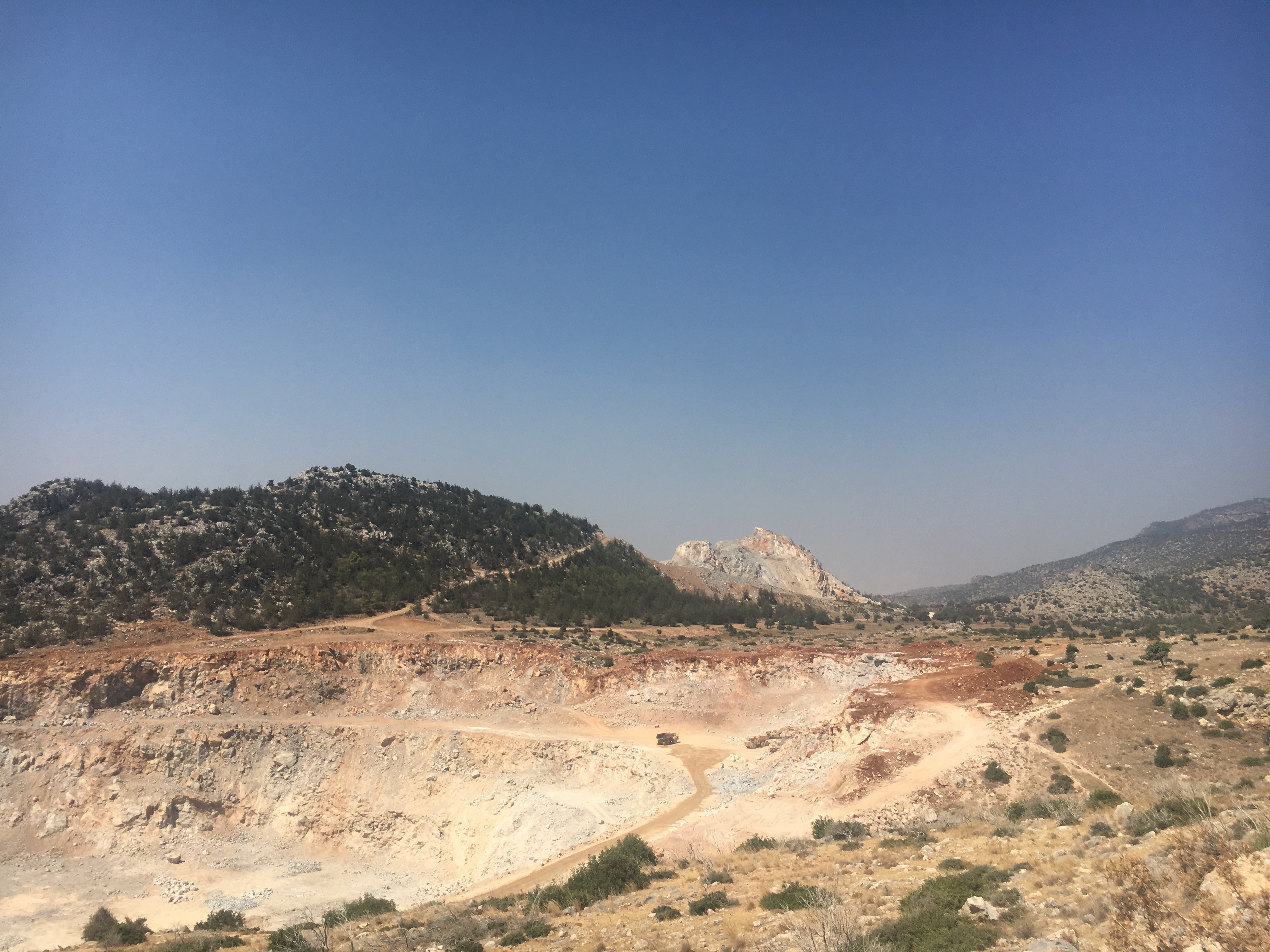ENTANGLED MILIEUS:
Co-Constituting a Shared Futurity
(slow, un-disciplined project)
The milieu emerges from an onto-epistemological entanglement where meaning and matter, or discursive and material practices, co-constitute the shared, living environments of human subjects and more-than-human entities alike. In these entanglements differentiation is the norm, and thus conflict and tensions are unavoidable, particularly in zones in which anthropocentric action accounts for radically asymmetrical environmental transformation. The striation of landscapes through the imposition of large-scale infrastructures; the devastation of ecosystems through resource extraction; rampant sprawl at the hand of real estate industries; the exhaustion of soil quality through agro-industrial monocultures; and the pollution and contamination of entire habitats are but a few examples of the detrimental actions over the environment typical of global neoliberal capitalist interests, and their blind advance toward the dead-end of ‘progress, growth and profit’. The growing awareness of the -often irreversible- impact of these actions upon the landscape triggers a host of responses and reactions, from environmental and social struggles and resistance, to incommensurable attempts to ameliorate the damage through a discourse set in techno-deterministic ‘solutionism’, a myopic managerial approach that time and again fails in its futile pursuit of so-called ‘least resistance paths’.
What this attitude occludes and ignores is the significance of politicized material territories, everyday resistances and minor practices through which another milieu is generated: one that emerges from the entanglement of discourse (meaning) and materiality (space-matter). This milieu unfolds through human interventions on the territory, and is co-constituted by material, spatial and political conditions that transform the meaning of the ground, the land, the soil, the earth on the one hand, and on the other, of other critical elementary components and substances constitutive of the environment such as air and water. What these conditions reveal is not only that the trans-scalar spatial implementation and the desire for geo-political capture and control have deep implications for our understanding of the lived environments, of the middle, of the milieu. They also evidence the limits of their own instrumentalization: where political potentiality wavers, other, undisciplined material-discursive practices emerge, perhaps offering alternatives to re-imagine shared futurities.
In this light, the project broadens the scope of territorial considerations through an understanding of material-discursive engagements, entanglements and practices through which the milieu is constituted. It incorporates the instrumentalization of critical elementary ‘substance-spaces’ of soil, water and air and extends them into the investigation of the thick surfaces and critical zones of our living environment. To produce and generate futurity-oriented imaginaries that address rising and raising frictions, as well as conflicting and conflictual conditions, an undisciplined perspective, that is, an approach that takes distance from any sort of binarism, and/or (mono)disciplinary specificity is paramount.
The project asks: Where does the spatial-material understanding of the milieu situate itself within specific interactions, entanglements, networks or ‘relationscapes’? Does the produced ‘non-native land’ still allow for further appropriations? How does the manifestation of ongoing geo-political conflicts obscure or alter such relationscapes? Are the ‘soiled’ (material) and mediated (discursive) substances co-constitutive of milieus that transform and change according to day-to-day encounters? Are these still conducive to living conditions? How can we take into consideration non-human -or more-than-human- agents (animals, plants, machines, artificial intelligence, i.e.) with whom we share the milieu?
Project leaders:
Marc Schoonderbeek, Heidi Sohn, Aleksandar Staničić (TU Delft), Socrates Stratis (University of Cyprus), and Meike Schalk (KTH Stockholm).
ENTANGLED MILIEUS: Co-Constituting a Shared Futurity
 Registration website for ENTANGLED MILIEUS: Co-Constituting a Shared Futurity
Registration website for ENTANGLED MILIEUS: Co-Constituting a Shared FuturityConference organizersentangledmilieus@gmail.com
Conference organizersentangledmilieus@gmail.comhttps://www.entangledmilieus.com
2022-10-22
2022-10-30
OfflineEventAttendanceMode
EventScheduled
ENTANGLED MILIEUS: Co-Constituting a Shared FuturityENTANGLED MILIEUS: Co-Constituting a Shared Futurity0.00EUROnlineOnly2019-01-01T00:00:00Z
To be announcedTo be announced
